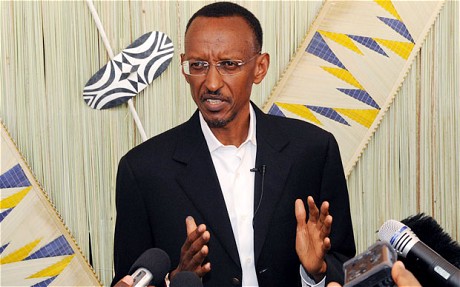Govt steps up fight against child abuse
Shamiso Makiwa Herald Reporter
Government has launched a reporting structure for identifying and responding to all forms of child abuse, Minister of Public Service, Labour and Social Welfare Priscah Mupfumira said yesterday.
The reporting structure extends from community to national level.
In a speech read on her behalf by her deputy, Engineer Tapiwanashe Matangaidze, Minister Mupfumira said the reporting structure, also known as the national case management system, was a community-based approach spearheaded by volunteers.
Minister Mupfumira said the voluntary cadres known as the community childcare workers, were chosen by the community members through ward child protection committees.
The volunteers were supervised by the district child welfare officer and a case management officer.
“These cadres are found in all the wards in the 65 districts at an average ratio of three community childcare workers per urban ward and five community childcare workers per rural ward,” said Minister Mupfumira.
She said in each ward, there would also be a peer supervisor known as the lead community childcare worker.
“The cadres have been established to respond to child welfare and protection issues at community level and to be eyes and ears of the ministry, thereby increasing the visibility of the ministry,” she said.
She said the system was designed to enhance community participation in the care and protection of children.
Speaking at the same occasion, World Education International country director Mrs Patience Ndlovu said the system was successfully piloted in Umzingwane District, Matabeleland North, in 2011.
“We piloted the case management system after realising that our children were not accessing comprehensive services within a continuum of care,” she said.
The system was then cascaded to 33 districts in 2014 and to the remaining 21 districts in August this year.
A total of 9 365 community childcare workers have since been trained and over 100 000 children have so far been assisted.
“We are pleased that the case management system has now evolved from a mere model to a national system, which the Government of Zimbabwe has adopted for the care and protection of children and that more partners are coming in to support the programme,” she said.
UNICEF deputy country representative Dr Jane Muita said the system was ideal to respond to the many risks faced by children in communities.
Dr Muita said according to the 2012 national baseline survey on violence against children, over a third of girls experienced sexual violence before their 18th birthday.
She said of these girls aged between 13-24 years, 78 percent of them reported that their boyfriend or partner were the perpet- rator.
She said sadly, only 2,7 percent accessed services, indicating a knowledge gap among abused children and bottlenecks in service delivery.
She also said child marriages continued to be a problem in Zimbabwe with statistics showing that one in every three girls were married before they turned 18 years.
“Our aim is to achieve a standardisation approach to child protection in all the districts and ensure that such efforts are benchmarked to global child protection standards,” she said.










Comments